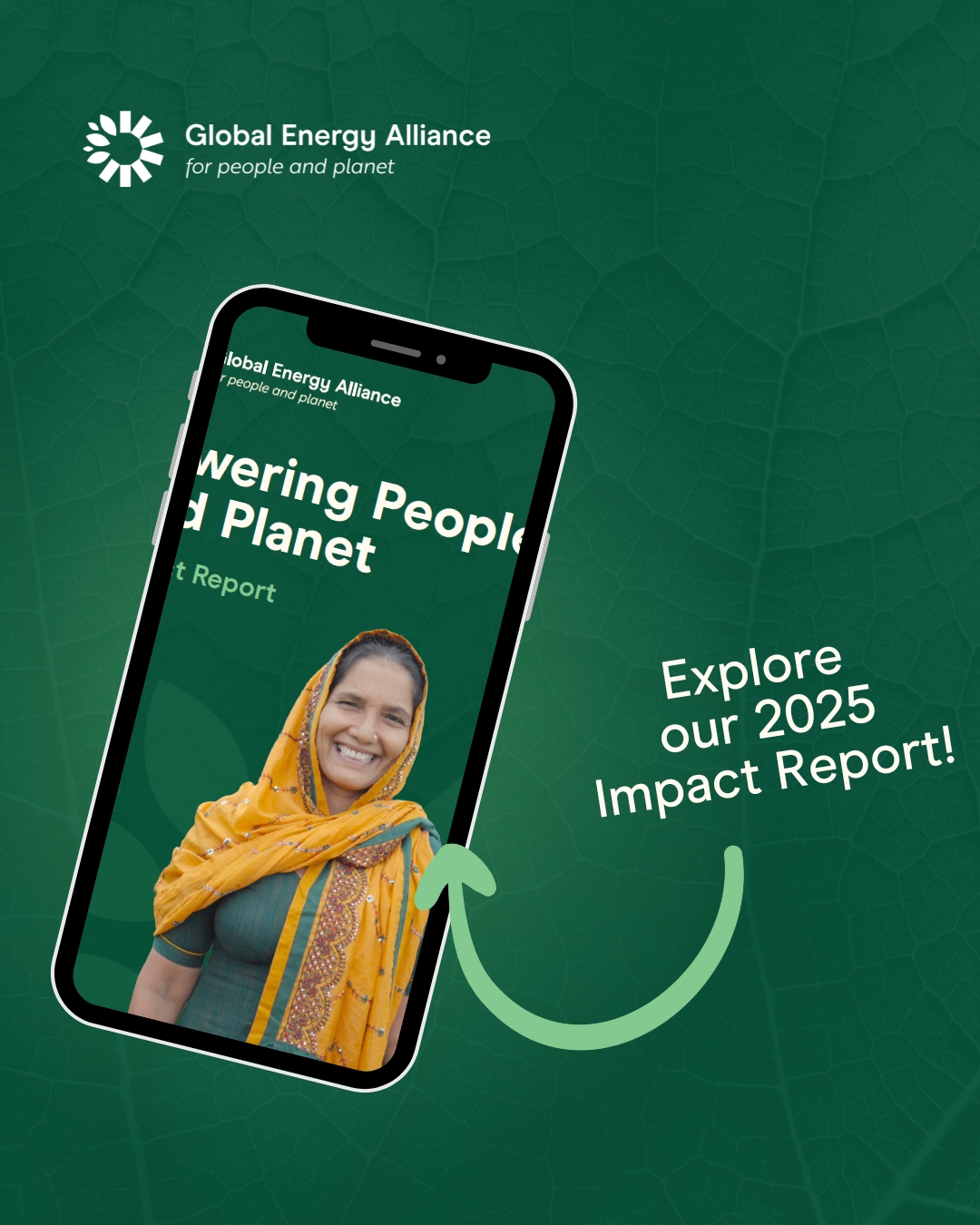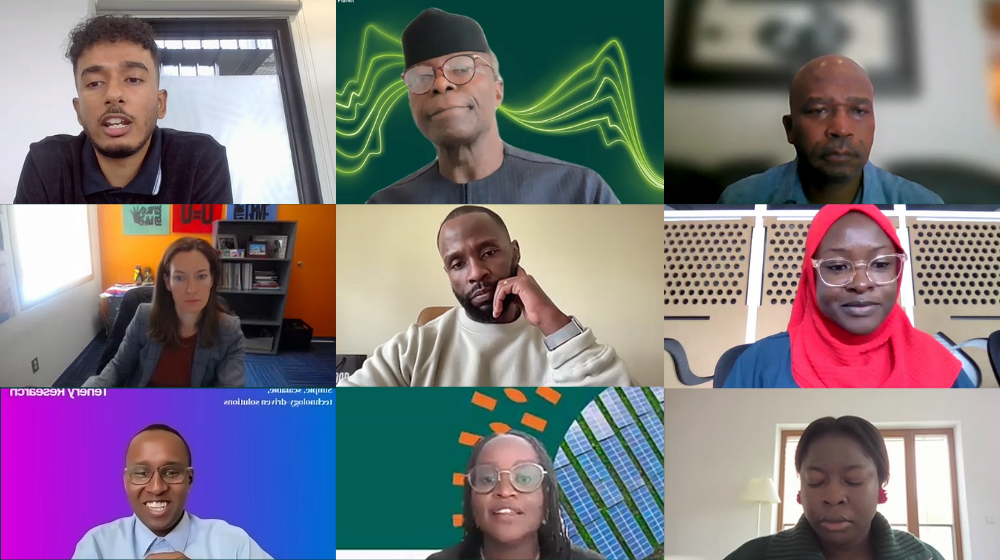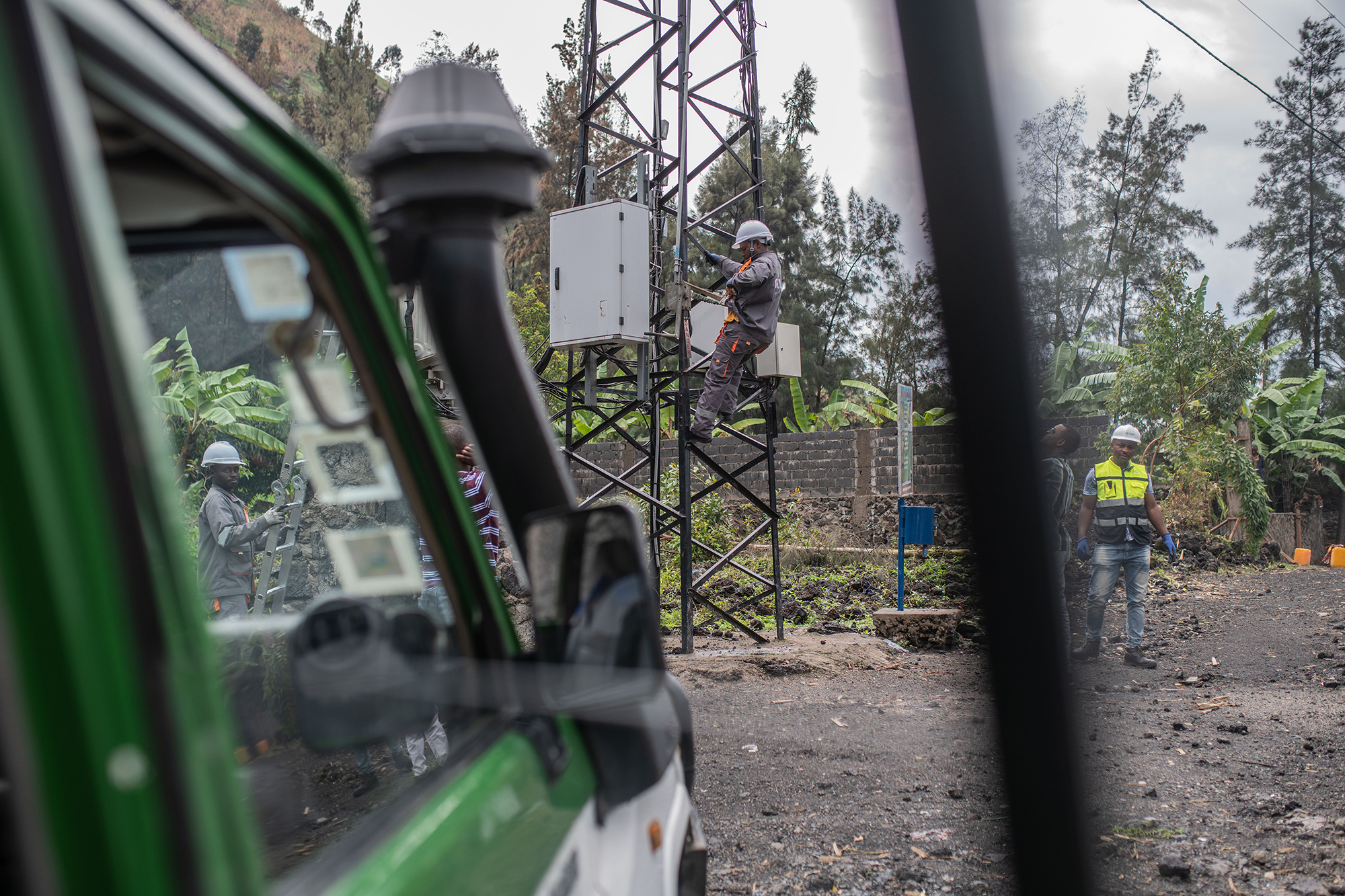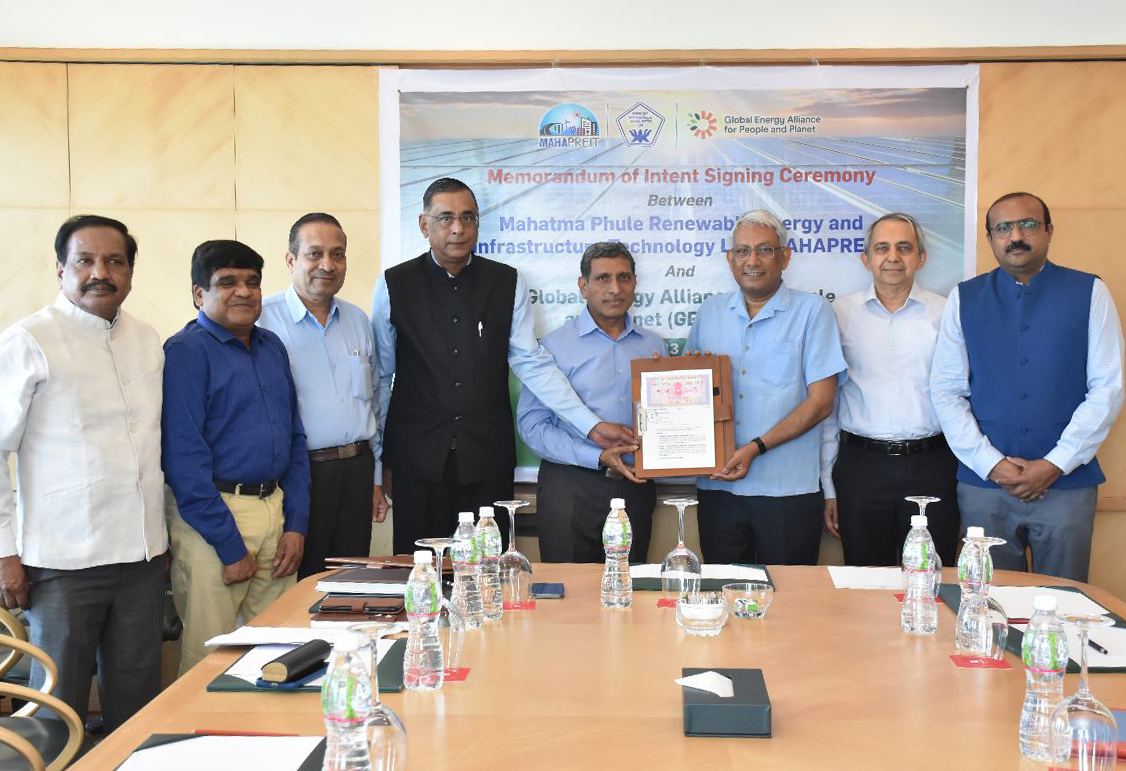3 Ways GEAPP is Bridging Africa’s Renewable Energy Skills Gap

The 21st century demands a skilled workforce equipped to tackle climate change and ensure sustainable development. International agreements like the Paris Agreement and UN 2030 Agenda set ambitious goals for limiting temperature rise and achieving clean energy access. Africa, with its aspirations for inclusive growth and sustainable development outlined in Agenda 2063, plays a critical role in this global effort.
A clean energy pathway for Africa is crucial to achieving these goals. This aligns perfectly with the 7th Sustainable Development Goal (SDG7) aiming for universal access to affordable, reliable, sustainable, and modern energy by 2030. However, reaching this target requires a significant boost in human and institutional capacity.
The benefits of enhancing skills are multi-fold. Increased skills development fosters economic growth by allowing more of Africa’s youth particate in the labour market. This aligns with the Africa Union’s theme for Africa Day 2024: Education Fit for the 21st Century.
The International Renewable Energy Agency (IRENA) estimates off-grid renewables can generate 4.5 million jobs in Africa by 2030. Additionally, fostering local expertise in areas like Battery Energy Storage Systems (BESS), Distributed Renewables and Smart Grids is vital for reducing the cost of developing and implementing these technologies and would therefore increase their financial viability, attracting much needed investments required to scale them. Reducing the cost of implementing these modern systems also helps to make them more affordable to the population, thereby creating a positive reinforcing loop towards scale-up.
Africa needs professionals who can innovate, develop, regulate, finance, and implement renewable energy technologies at scale and several initiatives are already underway to bridge the skills gap. Here are just a few examples:
Technical Skills
This includes expertise in relatively “new” renewable energy technologies for energy generation, such as solar, wind, geothermal, and biomass energy. It also includes also skills related to the transmission and distribution of power such as grid design, grid construction and grid management. The Komati Renewable Energy Training Centre initiative in South Africa exemplifies successful skill-building collaborations. This joint effort by Eskom and GEAPP aims to reskill and upskill over 500 staff and surrounding community members of the mothballed coal power plant the plant is repurposed into a clean energy generation facility. This initiative fosters a “just” transition to renewable energy by creating new job opportunities in the renewables sector.
Business Acumen
Beyond technical skills, building the entrepreneurial and management capacity of Africa’s businesses to innovate and operate efficiently will also be critical to scaling renewable energy technologies. GEAPP has invested over $20 million so far in various venture building programs, including establishing the AllOn Hub in Nigeria in partnership with AllOn and the Rockefeller Foundation. The Hub provides physical workspace for hot-desking and conferencing, technical assistance, business advisory support, and investment readiness support to Nigeria’s clean energy entrepreneurs.
Regulatory Expertise
Fairly and effectively formulating and enforcing regulations for new technologies like battery storage, distributed renewables, and smart grids is essential to inspire the confidence of investors, entrepreneurs and consumers alike. GEAPP worked with partners like the Florence School of Regulation, the University of Cape Town, the Pan African University Institute of Water and Energy Sciences, the Enel Foundation, the Rocky Mountain Institute, the Energy Nexus Network, the Rockefeller Foundation, and the UN Economic Commission for Africa, to recently establish the African School of Regulation (ASR). ASR The ASR will be an organisation dedicated to professional education and applied research in energy regulation, which is an applied field of knowledge that combines engineering, economics and law.
Despite these advancements, more needs to be done. Achieving the ambitious goals outlined in international agreements requires stronger, faster, and more impactful collaboration between governments, the private sector, educational institutions, and civil society.
By fostering strategic collaboration, investing in education and training programs, and promoting inclusive policies, we can equip the next generation with the expertise needed to drive the energy transition. Together, we can empower young people to become leaders in the renewable energy sector, ensuring a prosperous, equitable, and sustainable future for Africa and the world. Let’s join hands to build a resilient workforce capable of meeting the challenges of the 21st century and beyond, securing the well-being of both people and the planet.



